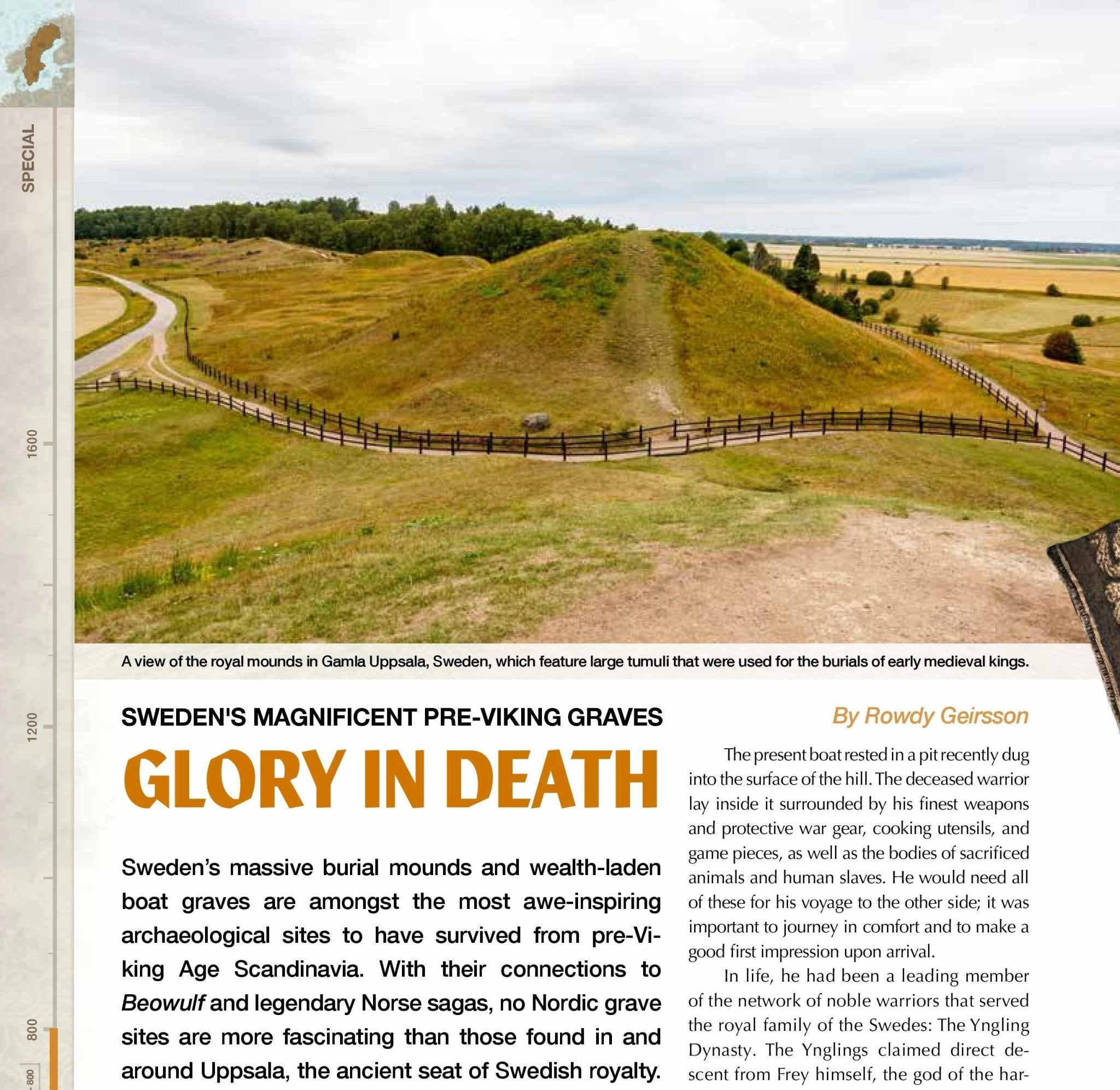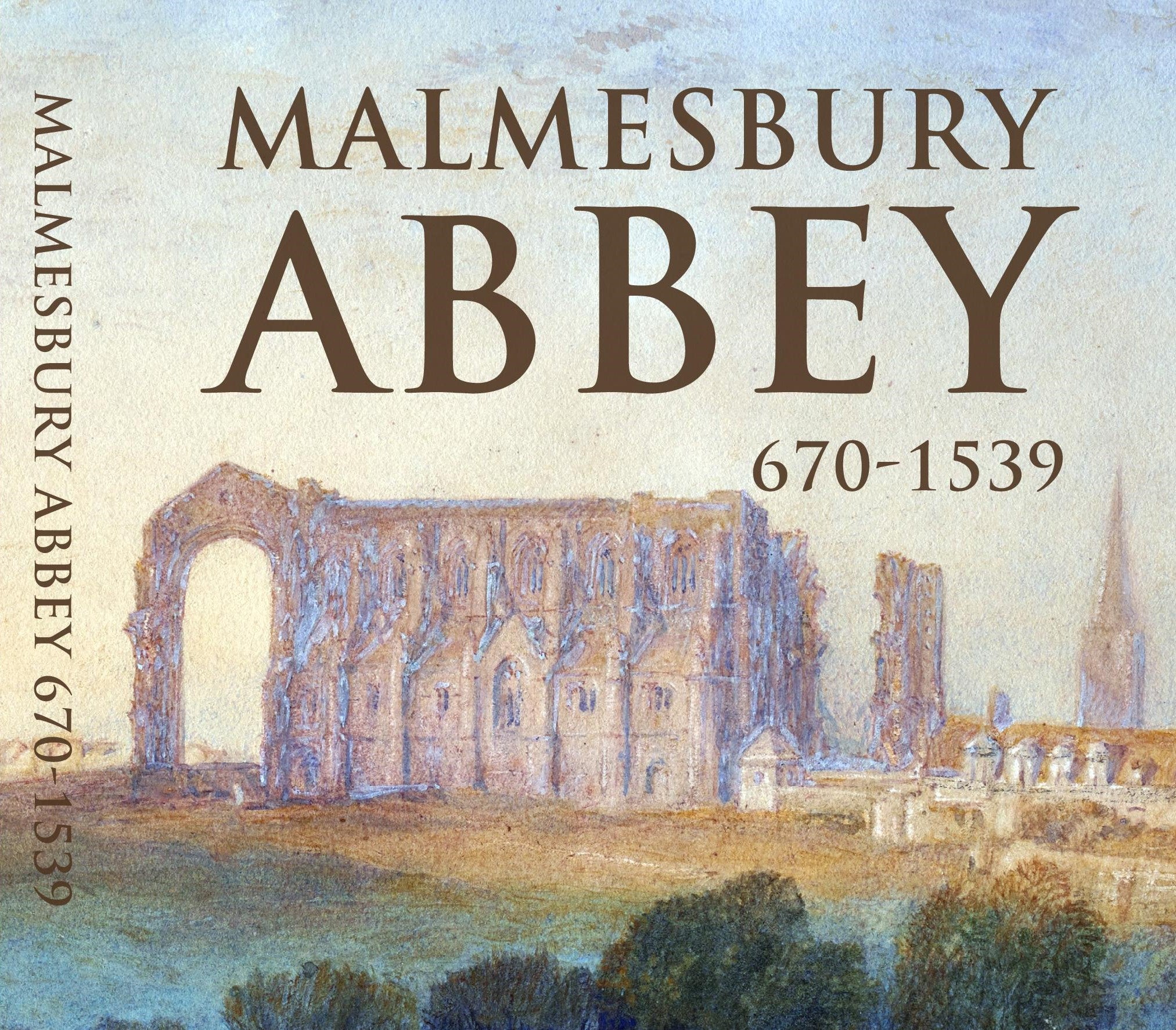Why did Dafydd ap Gruffudd rebel in 1282?

13th century Welsh bowman
One of the most perplexing questions of the Welsh rebellion of 1282-3 is why it started in the first place. Dafydd ap Gruffudd had begun the conflict against the English with a surprise attack on Hawarden Castle in Easter of 1282. What was his motivations?
Some of the answers to this question come from the records of John Peckham, Archbishop of Canterbury (1279–1292). In the fall of 1282 he tried to negotiate a peace agreement between England’s King Edward I and the Welsh leaders including Dafydd. Peckham recorded the various grievances of Dafydd, revealing that in recent months he had been in a dispute with Reginald de Grey, the Justice of Chester.
Reginald had been trying to exercise authority over the borderlands between Chester and Wales, territories held by Dafydd, specifically the townships of Hope and Estyn. The justice had even damaged Dafydd’s lands “by having his grove of Lleweni and woods of Hope cut down...they destroyed the grove and transported the timber to be sold in Ireland.”
Moreover, the report noted that “though Dafydd had caught and handed over for hanging certain men banished from the king’s land who were hiding in the woods, the same justice accused Dafydd before the king as if he defended and maintained the said malefactors, which was not true, as Dafydd had the thieves hanged and killed.”
Dafydd believed that King had not been sufficiently supporting his position during this dispute, although another document shows that Edward had ordered an inquisition into whether or not Hope and Estyn was part of Wales or England, finding that it belonged to the former. The Welsh nobleman also was critical of a decision by Edward to take control of three other townships northern Wales, which had formerly belonged to Gwenllian de Lacy. Dafydd claimed that Gwenllian had already given to him these townships before she died in 1281.
Finally, he noted that a previous agreement specified that Dafydd and his men would be judged by Welsh law, which was not happening. The document preserved by Archbishop Peckham seems to suggest that Dafydd was not only upset with Reginald de Grey, but also frustrated that Edward would not help him. Perhaps the most revealing part of the list of grievances was that the Welshman heard a report that he was to be captured and forced to turn over his castle at Hope, as well as have himself or his sons kept as hostages at the king’s court. The document ends with this remark:
Although Dafydd had laboured greatly for the king in various wars in both England and Wales, and exposed himself and his men to various dangers and injuries and both lost the nobler and stronger of his men and many beyond measure, nevertheless he was unable to obtain any justice, amends or grace concerning these and other grievances. On account of these grievances and dangers, fearing the death or either the perpetual or long imprisonment of himself or his sons, as if unwillingly compelled, he began to defend himself and his people as well as he could.
However, some historians believe that the grievances listed by Dafydd were relatively minor, and would not led him to risk his lands and even life in a war against England. You can read more about other possible motivations for his rebellion in the latest issue of Medieval Warfare magazine, which you can buy here.





